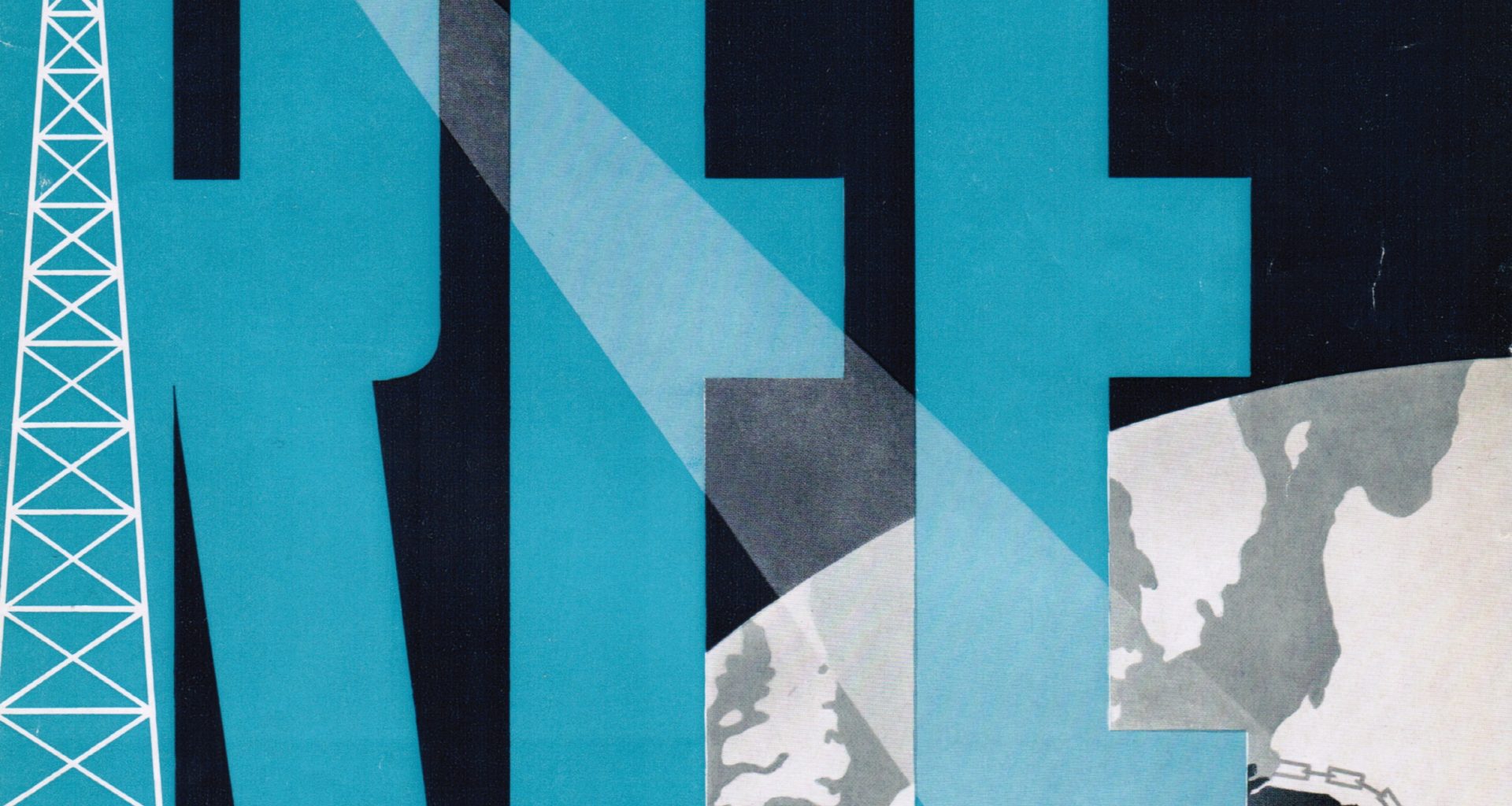USAGM Watch History
U.S. Agency for Global Media (USAGM) CEO Michael Pack said in a message to Radio Free Europe/Radio Liberty (RFE/RL) employees on the 70th anniversary of RFE’s first broadcast that “when history is erased, the exchange of ideas is banned, and speech is prohibited, de-platformed, and cancelled,” human progress and enlightenment become impossible. Pack said that “Over the better part of the past century, RFE/RL has powerfully shown that the strength of liberal democracy is measured not by uniformity of thought but rather by the degree to which unorthodox thought is tolerated.”
Operating as a semi-independent entity during the Cold War, initially under secret guidance and funding from the CIA and later under an independent oversight board and direct funding from the U.S. Congress, Radio Free Europe enjoyed much greater editorial freedom and was viewed as being better managed and having a greater impact in Eastern Europe than the Voice of America (VOA).
VOA was operating after 1945 under the State Department and since 1953 under the U.S. Information Agency (USIA). Audiences, however, also benefitted from having two different channels of U.S. government-funded and sponsored radio programs following similar basic principles but with different emphasis. RFE was established when policy makers in Washington concluded in the late 1940s that the Voice of America as an official U.S. federal government entity could not completely freely and effectively counter communist propaganda and Soviet influence.
In his statement, Michael Pack pointed out that during the Cold War “RFE/RL was the only outlet to broadcast Aleksandr Solzhenitsyn’s Gulag Archipelago in full in Russian.“ During the same period, VOA under pressure from State Department and U.S. Information Agency officials refrained from broadcasting long excerpts from Solzhenitsyn’s book. These programming restrictions at the Voice of America with regard to the Soviet Union were finally removed by the Reagan Administration. Radio Free Europe, Radio Liberty and the Voice of America contributed in similar and different ways to the end of communism in East Central Europe and to the collapse of the Soviet Union. It might have taken much longer if there were no Radio Free Europe.
USAGM Press Release
Celebrating 70 years of RFE/RL Broadcasting and America’s Independence
July 4, 2020
Dear Colleagues,
Seventy years ago today, on July 4, 1950, Radio Free Europe completed its first broadcast, a 30-minute message to audiences in Czechoslovakia. Conveyed from New York to a transmitter on the back of a flatbed truck in Lampertheim, Germany, it informed listeners under communist rule that regular broadcasts would begin ten days later.
The Iron Curtain no longer exists, but, unfortunately, it has been replaced around the world by other obstacles – physical, ideological, and technological – that have suffocated human rights and shielded billions of people from essential information. As such, the mission of Radio Free Europe/Radio Liberty (RFE/RL) of promoting democratic values and institutions through reporting is more imperative than ever.
Human progress has only occurred with expanded access to information. On the other hand, enlightenment becomes impossible when history is erased, the exchange of ideas is banned, and speech is prohibited, de-platformed, and cancelled. Over the better part of the past century, RFE/RL has powerfully shown that the strength of liberal democracy is measured not by uniformity of thought but rather by the degree to which unorthodox thought is tolerated.
Leaders of the anti-communist movement, like Lech Wałęsa and Václav Havel, have attested that RFE/RL helped overthrow the worst tyranny ever known. Indeed, without fail, RFE/RL has ensured through ingenuity and intrepid reporting that events have become world events. To name but two examples, in 1953, to relay news of Stalin’s death to those living in communist nations, it sent balloons carrying millions of leaflets over the Iron Curtain. Later, RFE/RL was the only outlet to broadcast Aleksandr Solzhenitsyn’s Gulag Archipelago in full in Russian. The epic work, one dissident later noted, “struck the Soviet authorities like an atom bomb.”
Uncensored news and open debate are hallmarks of free societies, and impediments to them must be swiftly met with a robust insistence upon liberty and the power of the imagination. People must not be told what to think, but they must be afforded the ability to think. Human beings by birth are entitled to rule themselves, and self-rule begins with and wholly depends upon sovereignty of the mind.
Also today, America, the world’s oldest democracy, celebrates its independence. Our country’s creation is a rousing reminder that – whether in the form of a pamphlet, a radio broadcast, or a tweet – revolutions first begin in the minds of men and women.
I congratulate RFE/RL for its seven decades of courageous service. Not infrequently in the face of physical peril, its journalists and sources aided turning the hope of freedom into the reality of freedom, ultimately restoring human rights to many nations and elevating civilization as a whole. Further, I salute the more than 600 employees of RFE/RL who deliver vital news in 27 languages to more than 38 million people across 23 countries.
Happy 244th birthday to the United States of America, the greatest force for good and human prosperity the world has ever known. And congratulations to RFE/RL on 70 years of broadcasting. This remarkable institution, recognizing that freedom of expression is indispensable to self-governance, remains committed to advancing the timeless and universal principles enshrined in the Declaration of Independence and Constitution.
Here is to 70 more years of keeping the flames of hope and freedom blazing.
Sincerely,

Michael Pack
Chief Executive Officer
U.S. Agency for Global Media

